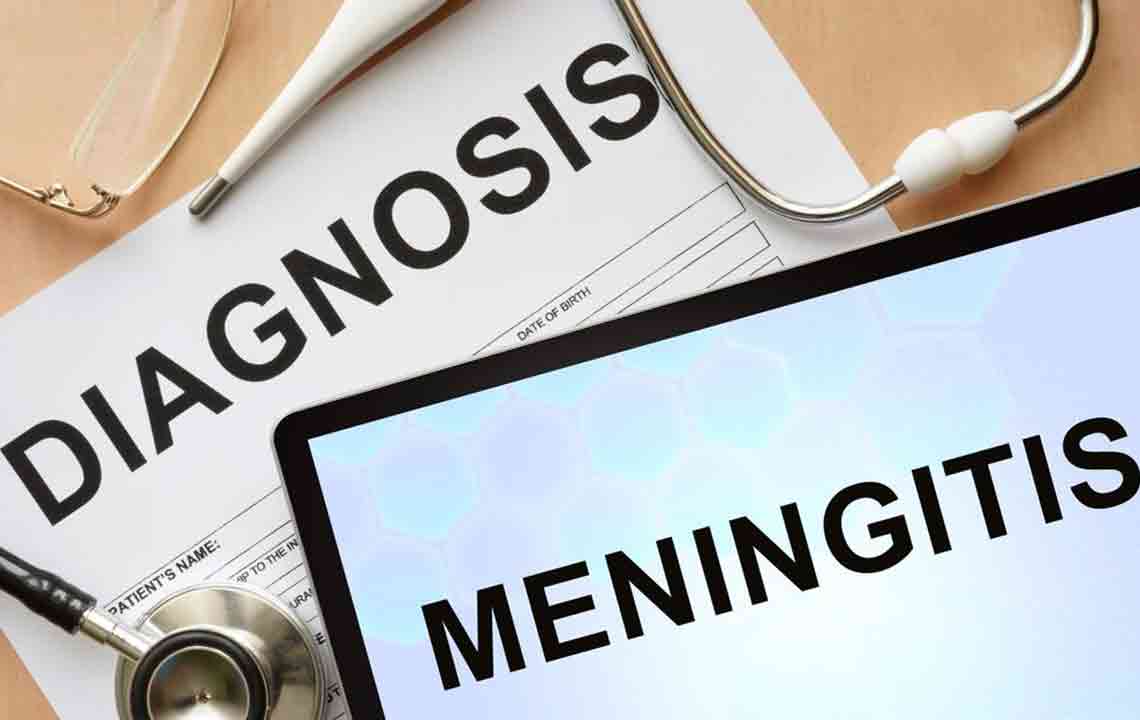Comprehensive Guide to Meningitis: Causes, Symptoms, and Vaccination Strategies
This comprehensive guide explores meningitis, detailing its causes, symptoms, diagnosis, treatment options, and especially the vital role of vaccination in prevention. It emphasizes early recognition and proactive vaccination strategies to curb outbreaks and protect vulnerable populations. Understanding these aspects helps individuals and communities stay prepared and informed against this serious health threat.

Comprehensive Guide to Meningitis: Causes, Symptoms, and Vaccination Strategies
Meningitis is a serious medical condition characterized by inflammation of the meninges, which are the protective membranes surrounding the brain and spinal cord. This inflammation can be triggered by various factors, including bacterial, viral, fungal, amoebic infections, or non-infectious causes such as traumatic injuries, cancers, and adverse drug reactions. Understanding the underlying cause of meningitis is crucial for effective treatment and management.
More than just a severe illness, meningitis poses significant health risks, especially when not diagnosed and treated promptly. The contagious nature of some types of meningitis means it can spread rapidly among close contacts, such as family members, classmates, or military personnel. This makes awareness and preventive measures, like vaccination, particularly important in controlling outbreaks.
Causes of Meningitis: Bacterial, Viral, Fungal, and Non-Infectious
The primary causes of meningitis can be categorized into infectious and non-infectious origins. Infectious meningitis is caused by microbes able to invade the protective membranes efficiently. The common infectious agents include bacteria, viruses, fungi, and amoebas. Each type varies in severity, course, and treatment approach.
Bacterial Meningitis
Bacterial meningitis is often severe and requires immediate medical intervention. The most common bacteria involved include Neisseria meningitidis (meningococcus), Streptococcus pneumoniae (pneumococcus), and Haemophilus influenzae type b (Hib). Neonates and young children are particularly vulnerable, but adults can also be affected. Bacterial meningitis can lead to complications like brain damage, hearing loss, or death if not promptly treated with antibiotics.
Viral Meningitis
Viral meningitis is generally less severe than bacterial forms and often resolves on its own without specific treatment. Common viruses causing meningitis include enteroviruses, mumps virus, herpes simplex virus, and HIV. Although less deadly, viral meningitis still requires accurate diagnosis and supportive care to reduce symptoms and prevent complications.
Fungal and Amoebic Meningitis
Fungal meningitis, such as that caused by Cryptococcus, is rare but mostly occurs in immunocompromised individuals. Amoebic meningitis, caused by Naegleria fowleri, is extremely rare and often fatal, usually contracted from contaminated warm freshwater entering the nasal passages. These forms necessitate specialized antifungal or antiparasitic treatments.
Non-infectious Causes of Meningitis
Aside from infections, meningitis can result from injury-related factors, cancers, or reactions to certain medications. Head trauma can introduce pathogens or cause inflammation indirectly. Certain cancers may invade the meninges or cause secondary inflammation. Allergic or adverse reactions to drugs can sometimes mimic meningitis symptoms, complicating diagnosis.
Recognizing Symptoms and When to Seek Medical Attention
Symptoms of meningitis can develop rapidly and vary depending on age and cause. Common signs include high fever, severe headache, neck stiffness, sensitivity to light, nausea, vomiting, altered mental state, and in infants, inconsolable crying, poor feeding, and bulging fontanel. Emergency medical attention is essential if meningitis is suspected, as early treatment significantly reduces risks of complications.
Diagnosis: The Role of Medical Tests
Diagnosing meningitis involves a combination of clinical evaluation and laboratory tests. Lumbar puncture (spinal tap) is the gold standard, allowing analysis of cerebrospinal fluid (CSF) for infection indicators. Blood tests, imaging studies such as CT scans or MRIs, and microbiological testing help identify the causative pathogen, guiding appropriate treatment.
Effective Treatments for Meningitis
Rapid treatment is vital to limit disease progression. Bacterial meningitis necessitates immediate administration of intravenous antibiotics, often in combination with corticosteroids to reduce inflammation. Viral meningitis typically resolves with supportive care—rest, hydration, and symptom management. Fungal infections require specific antifungal medications. Early intervention can prevent long-term neurological damage or death.
Prevention: The Power of Vaccination
Vaccination remains the most effective strategy for preventing meningitis, especially bacterial forms. Several vaccines have been developed targeting the most common and dangerous strains of meningococcal bacteria, pneumococcus, and Hib. These vaccines significantly reduce the incidence of meningitis and its associated complications across all age groups.
Available Meningitis Vaccines
Meningococcal Vaccines (MCV4 and MPSV4): Protect against multiple serogroups of Neisseria meningitidis. Typically administered during early adolescence, with booster doses recommended for high-risk groups.
Pneumococcal Vaccine: Offers protection against Streptococcus pneumoniae, common in children and immunocompromised adults.
Haemophilus influenzae type B (Hib) Vaccine: Developed to protect against Hib bacteria, historically a leading cause of bacterial meningitis in children.
Who Should Get Vaccinated?
Routine vaccination is recommended for infants, children, and adolescents. High-risk groups, including military personnel, college students living in dormitories, travelers to endemic regions, and laboratory workers handling infectious agents, should consider additional vaccinations or booster doses. Consulting a healthcare provider can determine individual vaccination needs based on age, health status, and exposure risk.
Precautions and Possible Side Effects
Before vaccination, inform your healthcare provider about allergies, immune status, and prior reactions to vaccines. Mild side effects are common and may include soreness at the injection site, low-grade fever, fatigue, or headache. Rare adverse reactions like severe allergic responses require immediate medical attention. Overall, the benefits of vaccination outweigh the minimal risks for most individuals.
Conclusion: Protect Yourself and Others from Meningitis
Meningitis is a potentially life-threatening condition that demands awareness, prompt diagnosis, effective treatment, and vaccination for prevention. Understanding the causes, recognizing symptoms early, and getting vaccinated can dramatically reduce the risk of severe complications and save lives. Regular health check-ups and staying informed about vaccination schedules are key steps in safeguarding your health and that of those around you.





